Disclosure: This article contains affiliate links. We may earn a commission from purchases at no extra cost to you, which helps our travel content.
When you spend your days within the confines of a correctional facility like I do, there's something profoundly liberating about standing in the wide-open African savanna, watching elephants roam freely against the golden horizon. After years of promising myself a 'someday' African safari, I finally took the plunge last fall and treated myself to a week-long luxury adventure in Botswana's Chobe National Park. Let me tell you—trading my officer uniform for safari khakis was the mental reset I didn't know I desperately needed. As someone who typically plans budget-friendly family trips to hot springs with my kids, this solo splurge was completely out of character, but sometimes we working parents need to remember we're whole people outside our roles. This wasn't just a vacation; it was a transformative journey that reconnected me with a sense of wonder I hadn't felt since childhood.
Why Chobe National Park Deserves Your Bucket List Spot
After researching African safari destinations for months (those slow night shifts at the correctional facility are good for something!), I kept coming back to Chobe National Park. With the highest concentration of elephants in Africa—upwards of 120,000 gentle giants—and all members of the coveted Big Five within its borders, Chobe promised the wildlife encounters I'd dreamed about since flipping through National Geographic magazines as a kid.
What sets Chobe apart is its stunning diversity. The park transitions from lush floodplains along the Chobe River to dense woodland and open grasslands. This variety of ecosystems means you're never seeing the same landscape twice, and each game drive brings entirely different wildlife opportunities.
While I typically travel with my kids in tow, this solo adventure allowed me to fully immerse myself in the experience without dividing my attention. That said, I was surprised by how many families I encountered at the luxury lodges. Several parents shared that Chobe was their children's first safari experience, as the park is more accessible than some remote reserves while still offering incredible wildlife density.
I splurged on a private guide for my week-long stay, which I cannot recommend highly enough. My guide Jackson had 15 years of experience and eyes like a hawk—spotting a leopard draped over a branch that I would have missed entirely even with my binoculars. The knowledge these local guides share transforms what could be just animal sightings into a deeper understanding of the complex ecosystem.
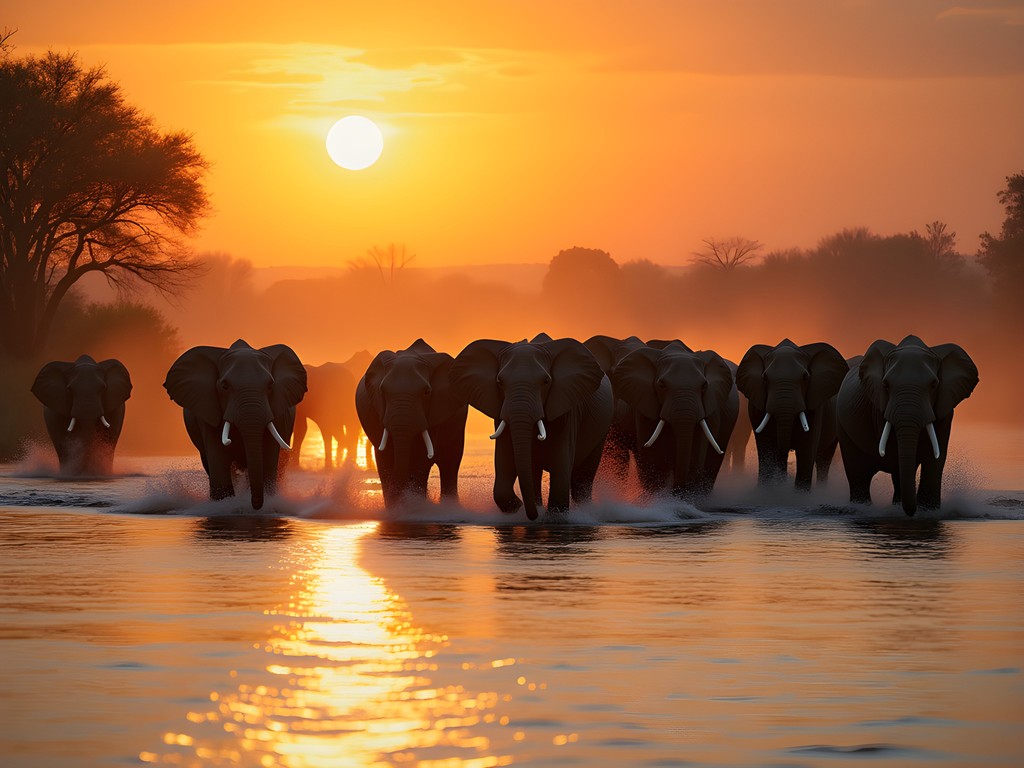
💡 Pro Tips
- Book accommodations at least 6 months in advance for fall season (September-November) which offers prime wildlife viewing
- Pack neutral-colored clothing (beige, olive, brown) to blend with surroundings during game drives
- Bring a quality camera with a zoom lens—smartphone photos won't capture distant wildlife
Luxury Lodges: Where Wilderness Meets Comfort
After spending my workdays in the stark environment of a correctional facility, I decided this trip would be all about balance—wild adventure by day, pampered comfort by night. I split my week between two luxury lodges: Chobe Game Lodge inside the national park and Ngoma Safari Lodge on the park's western boundary.
Chobe Game Lodge surprised me with its blend of elegance and sustainability. As the only permanent lodge within the national park itself, it offers unparalleled access to wildlife. I'd wake to the sounds of hippos grunting in the river just beyond my private terrace. The all-female guiding team (a pioneering initiative called the Chobe Angels) brought a unique perspective to game drives, focusing on animal behavior and ecosystem relationships rather than just checking species off a list.
At Ngoma Safari Lodge, perched on an escarpment overlooking the Chobe River floodplains, I experienced some of the most spectacular sunsets of my life. My suite featured a private plunge pool where I could soak while watching elephants and buffalo graze below. After months of planning other people's meals and activities as a mom, having someone anticipate my needs felt like pure luxury.
Both lodges included all meals, drinks, and daily activities in their rates. While the price tag initially made me wince (we're talking $800-1,200 per night), the all-inclusive nature meant I could fully relax without constantly reaching for my wallet. Plus, falling asleep to the distant roars of lions while wrapped in high-thread-count sheets? Priceless.
One piece of gear that proved invaluable was my portable power bank. Despite the lodges' solar power systems, having backup power for my camera and phone during all-day game drives kept me from missing any photographic moments.
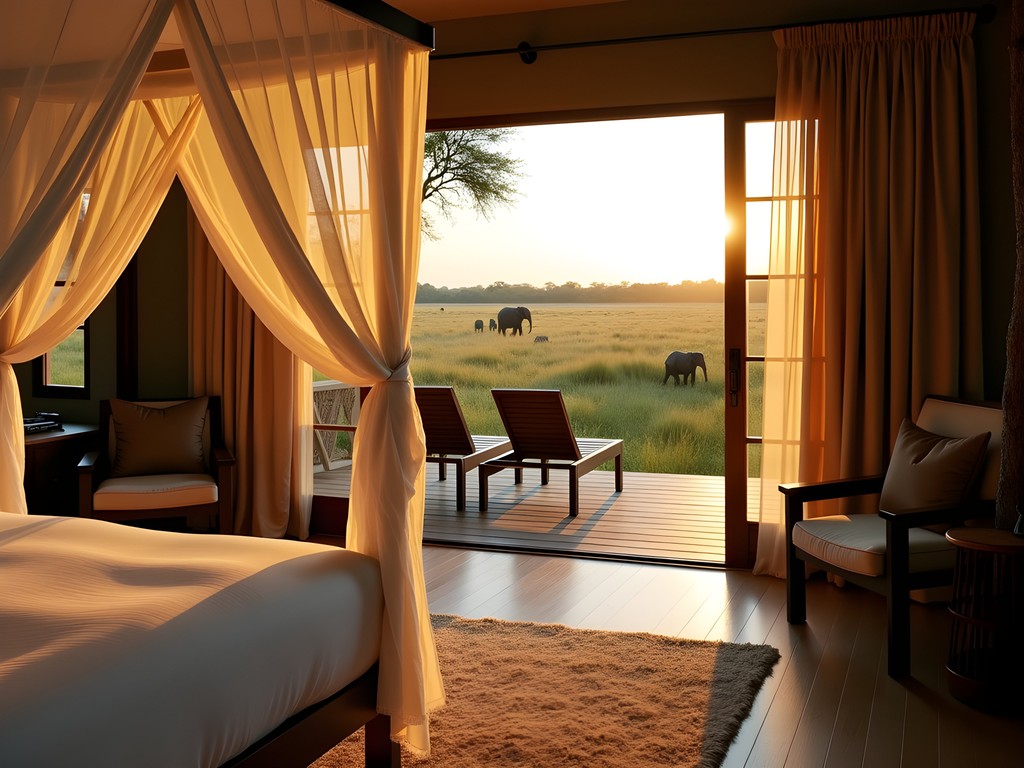
💡 Pro Tips
- Request a river-facing room when booking for best wildlife viewing from your accommodation
- Pack a headlamp for navigating between main lodge areas and your room at night
- Bring small US dollar bills for tipping guides and staff (approximately $10-15 per guest per day)
Game Drives: Tracking the Big Five and Beyond
The daily rhythm of safari life quickly became my new favorite routine. Early morning wake-up calls (typically around 5:30 AM) were made bearable by the delivery of fresh coffee to my door. By sunrise, we'd be out in open-sided safari vehicles, wrapped in warm blankets against the morning chill, watching the savanna come alive.
Chobe's game drives delivered wildlife sightings that exceeded my wildest expectations. Within my first two days, I'd already spotted four of the Big Five: elephants (by the hundreds), buffalo (in imposing herds), lions (including adorable cubs), and leopards (two different individuals). Only the rhino remained elusive—their numbers are sadly diminished due to poaching, though conservation efforts are helping populations recover.
Beyond the famous five, Chobe offered incredible diversity. Giraffes moved with surprising grace despite their awkward proportions. Zebras gathered in dazzling groups (yes, a group of zebras is actually called a 'dazzle'—fitting, isn't it?). Hippos revealed their massive forms during river cruises, and crocodiles sunned themselves along muddy banks.
As someone who spends her working hours maintaining order and vigilance, I found it fascinating to observe the natural order of the savanna—predator and prey, birth and death, all playing out according to ancient rhythms undisturbed by human intervention.
One afternoon, we followed a pride of lions for hours. The guides' tracking skills were nothing short of magical as they interpreted subtle paw prints and broken grass stems. Eventually, we witnessed an incredible hunting sequence as the lionesses strategically surrounded a warthog. While I won't share the graphic details, witnessing this raw, unfiltered moment of nature was humbling in a way I struggle to articulate.
My safari jacket was perfect for the temperature fluctuations between cool mornings and hot afternoons. I could zip up for dawn game drives and remove layers as the day warmed.
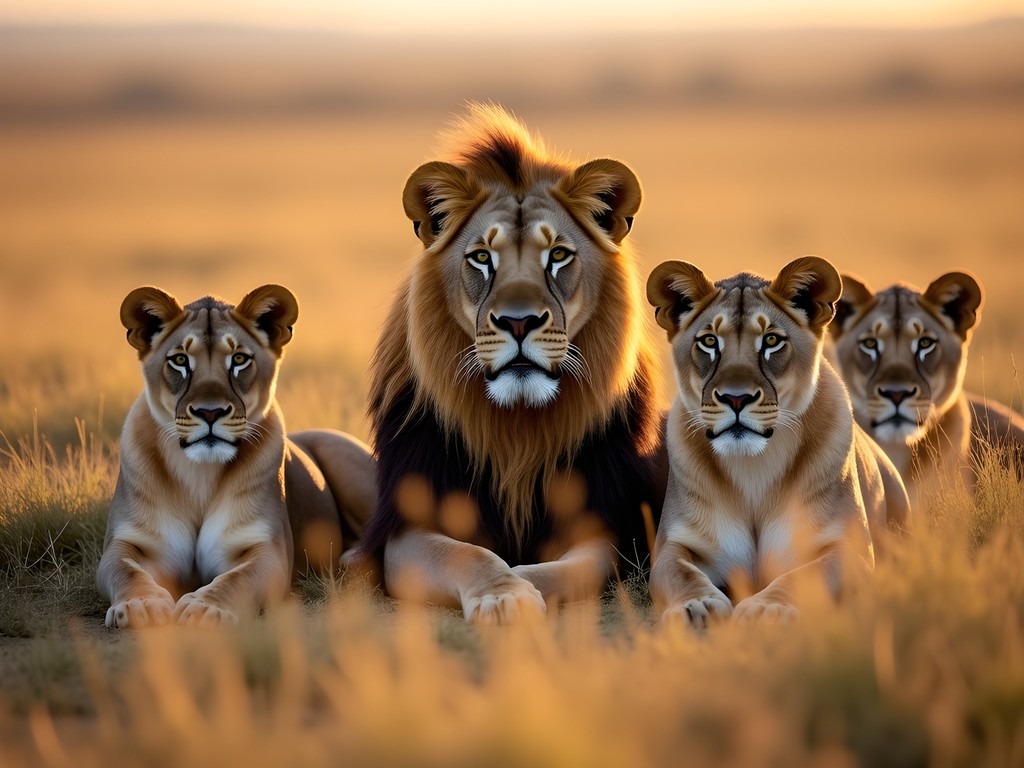
💡 Pro Tips
- Always listen to your guide's safety instructions—these are wild animals in their natural habitat
- Bring a small notebook to record sightings and memories in the moment
- Use the siesta time between morning and afternoon game drives to rest—safari days are long!
River Safaris: A Different Perspective
While land-based game drives form the backbone of most safari experiences, Chobe's river safaris were what truly distinguished this park from others I researched. The Chobe River forms the northern boundary of the park, creating a lifeline for wildlife during the dry season when inland water sources evaporate.
Each afternoon around 3:30 PM, I'd board a specialized photography boat with swivel seats and camera mounts (heaven for photography enthusiasts like me). As we cruised along the river, wildlife encounters took on a completely different dimension. Elephants waded into the water, playfully spraying each other and submerging until only their trunks remained visible like natural snorkels. Entire families of hippos revealed their massive bodies, and the birdlife was simply spectacular—African fish eagles, kingfishers, bee-eaters, and herons in every color imaginable.
What made these river cruises particularly magical was the golden afternoon light reflecting off the water. As a correctional officer who spends most days under fluorescent lighting, this natural golden glow felt like medicine for my soul. I found myself lowering my camera at times just to be fully present in these moments.
One unforgettable evening, we witnessed a massive elephant herd—at least 200 individuals—crossing the river at sunset. Babies were nestled between adults for protection, their tiny trunks held high above the water. Our guide cut the engine, and we drifted silently, watching this ancient ritual unfold. The only sounds were elephant rumbles, water splashing, and the occasional gasp from someone on our boat. It was one of those rare moments when you're acutely aware you're experiencing something extraordinary.
My waterproof camera proved invaluable during these river safaris. The boat's proximity to the water meant occasional splashes, and being able to shoot without worrying about damaging my equipment let me focus entirely on capturing those magical moments.
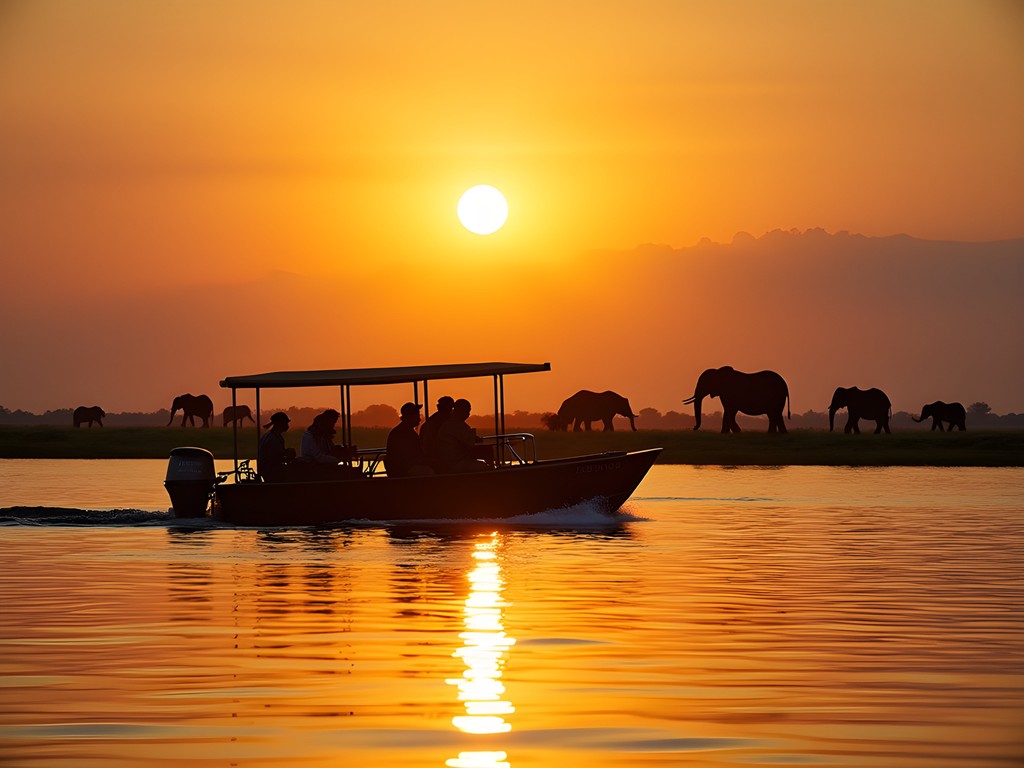
💡 Pro Tips
- Book afternoon river cruises for the best light and highest concentration of animals coming to drink
- Bring extra memory cards—you'll take more photos than you expect during river safaris
- Apply sunscreen generously even on cloudy days—the water reflection intensifies sun exposure
Cultural Connections Beyond Wildlife
While Chobe's wildlife rightfully takes center stage, some of my most meaningful moments came through cultural connections with the Botswanan people. Many luxury lodges partner with nearby communities, creating sustainable tourism models that benefit local residents.
Through my lodge, I arranged a community visit to the nearby village of Mabele. Unlike some contrived cultural tourism experiences I've encountered elsewhere, this felt genuine and respectful. I spent a morning with a local family, learning about traditional fishing techniques and helping prepare lunch using local ingredients. The grandmother of the household showed me how they've adapted traditional basket weaving patterns for modern markets, creating sustainable income sources.
As someone who works in a correctional facility, I'm acutely aware of how socioeconomic factors impact communities. It was refreshing to see tourism models that prioritize community benefit and environmental conservation working so effectively in Chobe.
My guides also shared fascinating insights about how their traditional knowledge informs their work. Jackson explained how tracking skills passed down through generations help him locate animals, and how indigenous plant knowledge helps identify where certain species might be feeding.
One evening, lodge staff performed traditional songs and dances after dinner. What started as a performance for guests evolved into a genuine celebration when staff members spontaneously joined in. Soon, guests were being taught dance moves, and the artificial barrier between 'visitor' and 'local' dissolved into shared laughter and rhythm.
I always try to learn a few phrases in the local language when traveling. In Botswana, simple Setswana greetings like 'Dumela' (hello) and 'Ke a leboga' (thank you) were met with appreciative smiles and often led to deeper conversations about our respective cultures.
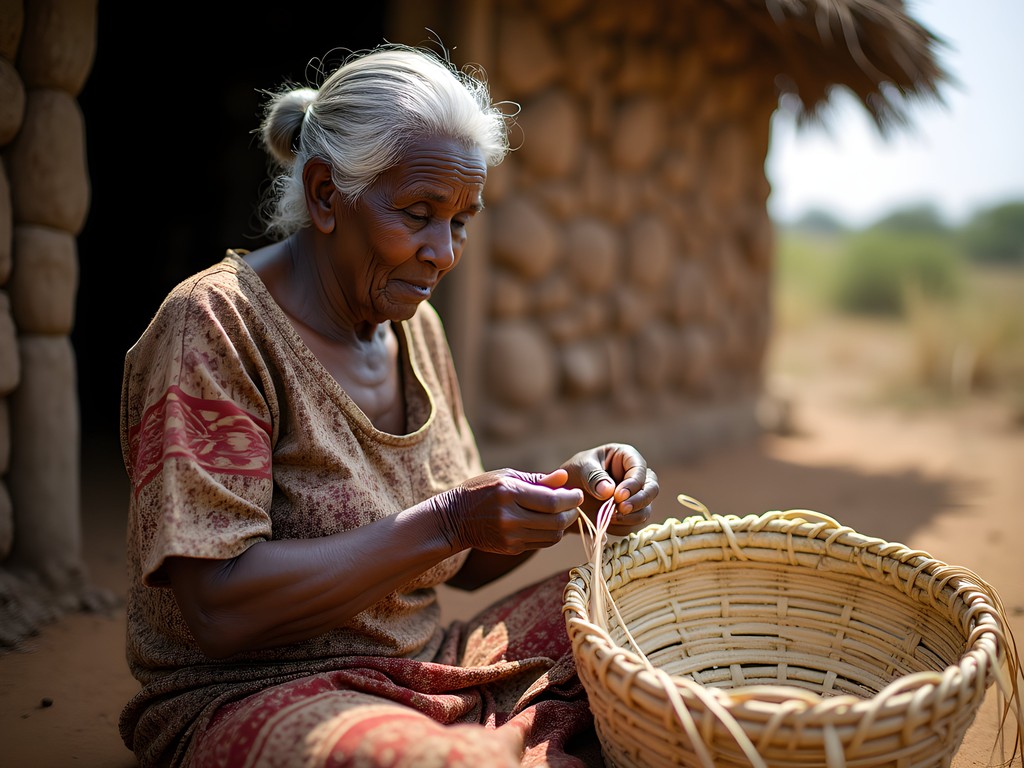
💡 Pro Tips
- Ask permission before photographing local people—respect their privacy and dignity
- Bring small gifts from your home country to share with guides and community members (I brought postcards from North Carolina)
- Support community craft markets rather than imported souvenirs—the quality is better and your money benefits local artisans directly
Final Thoughts
As my bush plane lifted off from Kasane Airport, I pressed my face against the window for a final glimpse of the Chobe landscape that had transformed me over the past week. Below, a line of elephants traced a dusty path toward the river—continuing their ancient patterns long after I'd returned to my life of correctional facility shifts and everyday responsibilities. This safari wasn't just a luxury vacation; it was a profound reminder of our place in the natural world and the importance of protecting these wild spaces. While the price tag makes this a splurge adventure, I can honestly say that every dollar spent was an investment in memories that will sustain me through challenging workdays for years to come. If you've been putting off your own safari dreams, consider this your sign to start planning. The wild heart of Africa is calling—and trust this correctional officer turned adventure seeker when I say the call is worth answering.
✨ Key Takeaways
- Chobe National Park offers unparalleled elephant viewing and all of the Big Five in a single destination
- Combining land and water safaris provides the most comprehensive wildlife experience
- Fall (September-November) offers ideal wildlife viewing with moderate temperatures and concentrated animal populations around water sources
- Luxury lodges provide extraordinary comfort but require booking 6-12 months in advance during peak season
📋 Practical Information
Best Time to Visit
September to November (fall/dry season)
Budget Estimate
$6,000-9,000 per person for 7 days (all-inclusive luxury experience)
Recommended Duration
5-7 days minimum
Difficulty Level
Intermediate (Some Long Drives On Bumpy Roads, Early Mornings)
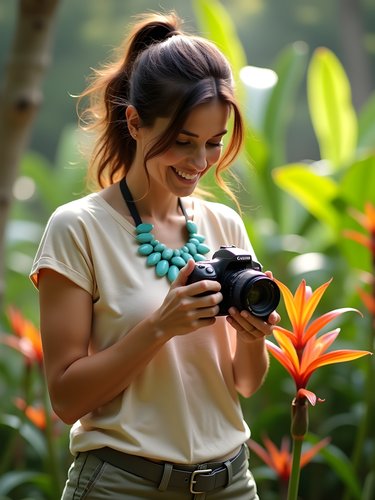
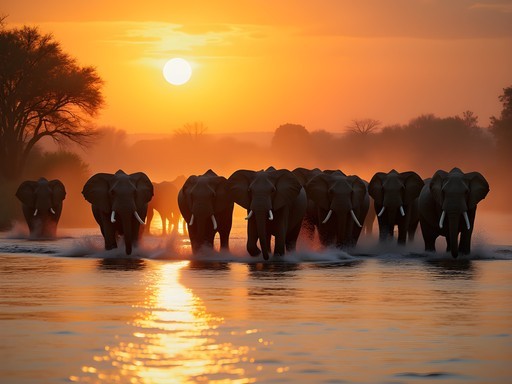
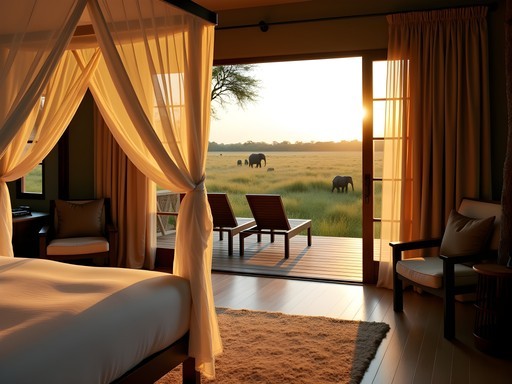
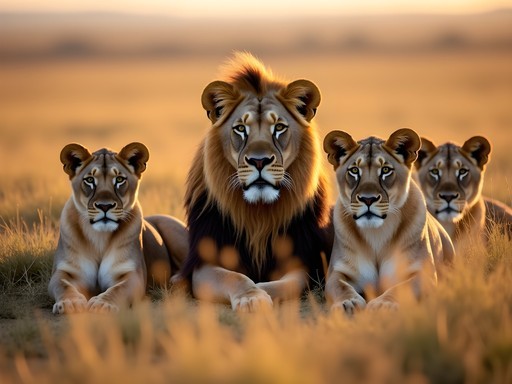
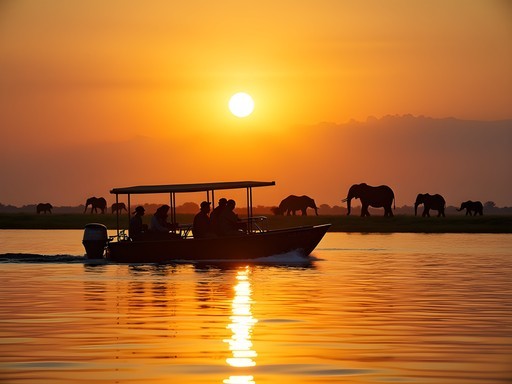
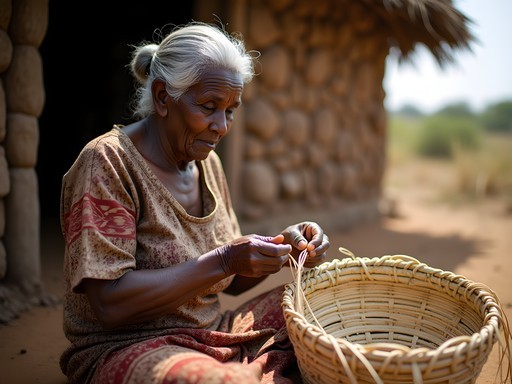


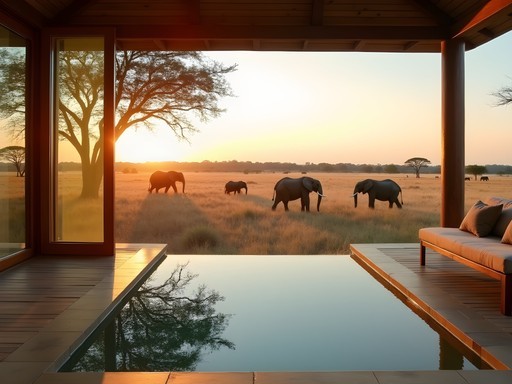
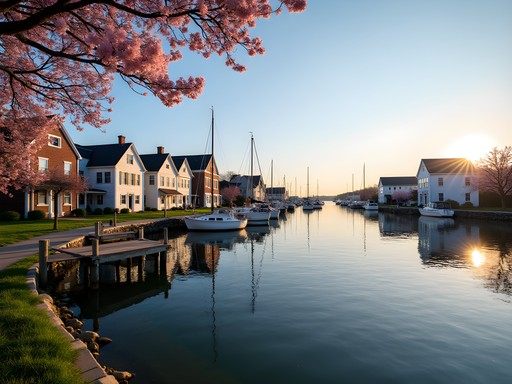
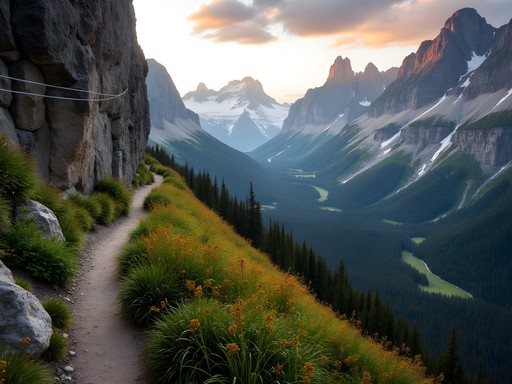
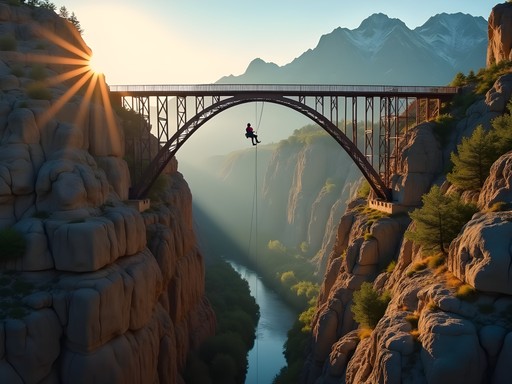
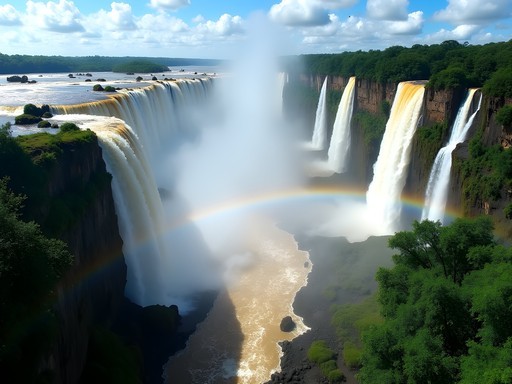
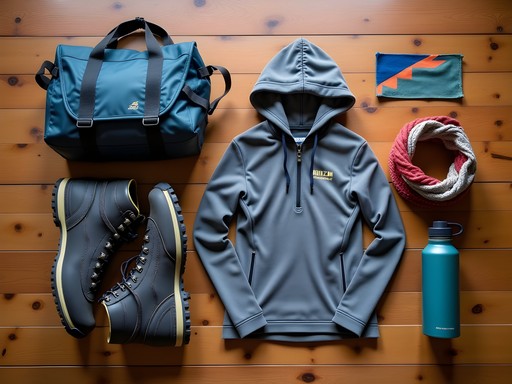
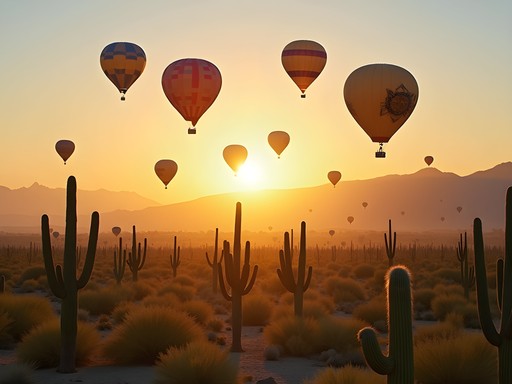
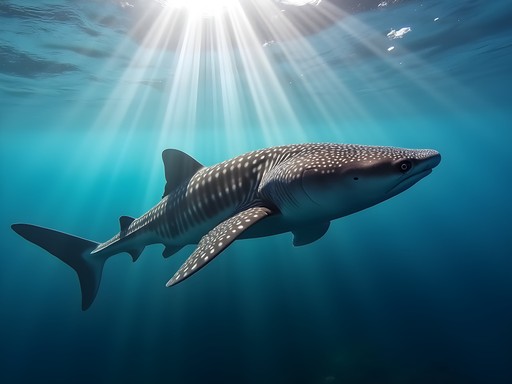
Comments
coffeelover
That sunset photo with the elephants is stunning!
wanderlustclimber
Is it safe to do this with kids? Have a 9 and 12 year old.
Stephanie Romano
Absolutely! Most lodges welcome kids and the guides are great with them. Just check age restrictions for some activities - certain lodges require kids to be 6+ for game drives. Your kids would love it!
Bryce Diaz
Your opening line really hit home, Stephanie. There's something about the African wilderness that puts everything into perspective. I did Chobe solo two years ago and it was transformative. One evening, sitting by the riverbank with a sundowner, watching a leopard stalk through the tall grass - that moment of pure presence is what travel is all about. The guides there are phenomenal too, their tracking skills and knowledge of animal behavior added so much depth to the experience.
travellegend
We did Chobe last year and honestly it exceeded all expectations. Saw four of the big five in one morning drive - only missed the rhino which is super rare there anyway. The elephant herds are no joke, we saw groups of 50+ just casually crossing the road. Pro tip: bring good binoculars, makes a huge difference for bird watching too.
wanderlustclimber
How much did the whole trip cost you roughly? Trying to budget for this.
travellegend
We spent about $3500 per person for 4 nights including lodge, meals, and all activities. Can definitely do it cheaper with camping options or more expensive with ultra-luxury lodges.
wanderlustgal
Adding this to my bucket list!
Taylor Moreau
Excellent write-up, Stephanie. Your point about the river safaris offering a different perspective really resonates - we found the boat cruises along the Chobe River to be just as rewarding as the game drives. The hippos and crocodiles are far more visible from the water, and watching elephants swim across the channels is truly spectacular. Did you stay at Chobe Game Lodge or one of the other properties?
Stephanie Romano
Thanks Taylor! I stayed at Chobe Savanna Lodge - absolutely loved it. The river safaris were definitely a highlight. Which property did you use?
sunsetpro
This looks amazing! Quick question - what time of year did you go? Trying to figure out the best season for seeing all the animals.
Stephanie Romano
I went in late dry season (September) which was perfect! The animals congregate around water sources so you see tons of wildlife. Wet season has beautiful green landscapes but animals are more dispersed.
coffeelover
September is great but can get HOT. We went in June and it was perfect weather-wise, still saw plenty of elephants and lions.
mountainlegend
OMG this is literally my dream trip!! The elephant photos are incredible!
photoguide
Stunning shots! What camera settings did you use for the sunset river photos?
Stephanie Romano
Thank you! For the sunset shots I used f/8, 1/250 sec, ISO 400. The golden light there does most of the work!
adventurestar
OMG YOUR PHOTOS ARE INCREDIBLE!!! 😍😍😍 I've been dreaming about an African safari forever and this just moved Chobe to the top of my list! Those elephant herds look MASSIVE! Did you feel safe when they got close to the vehicles? I'm both terrified and thrilled by the idea! Planning to go next year for my 30th birthday and I can't wait!!!!
Venture X
Premium card with 2X miles, $300 travel credit, Priority Pass